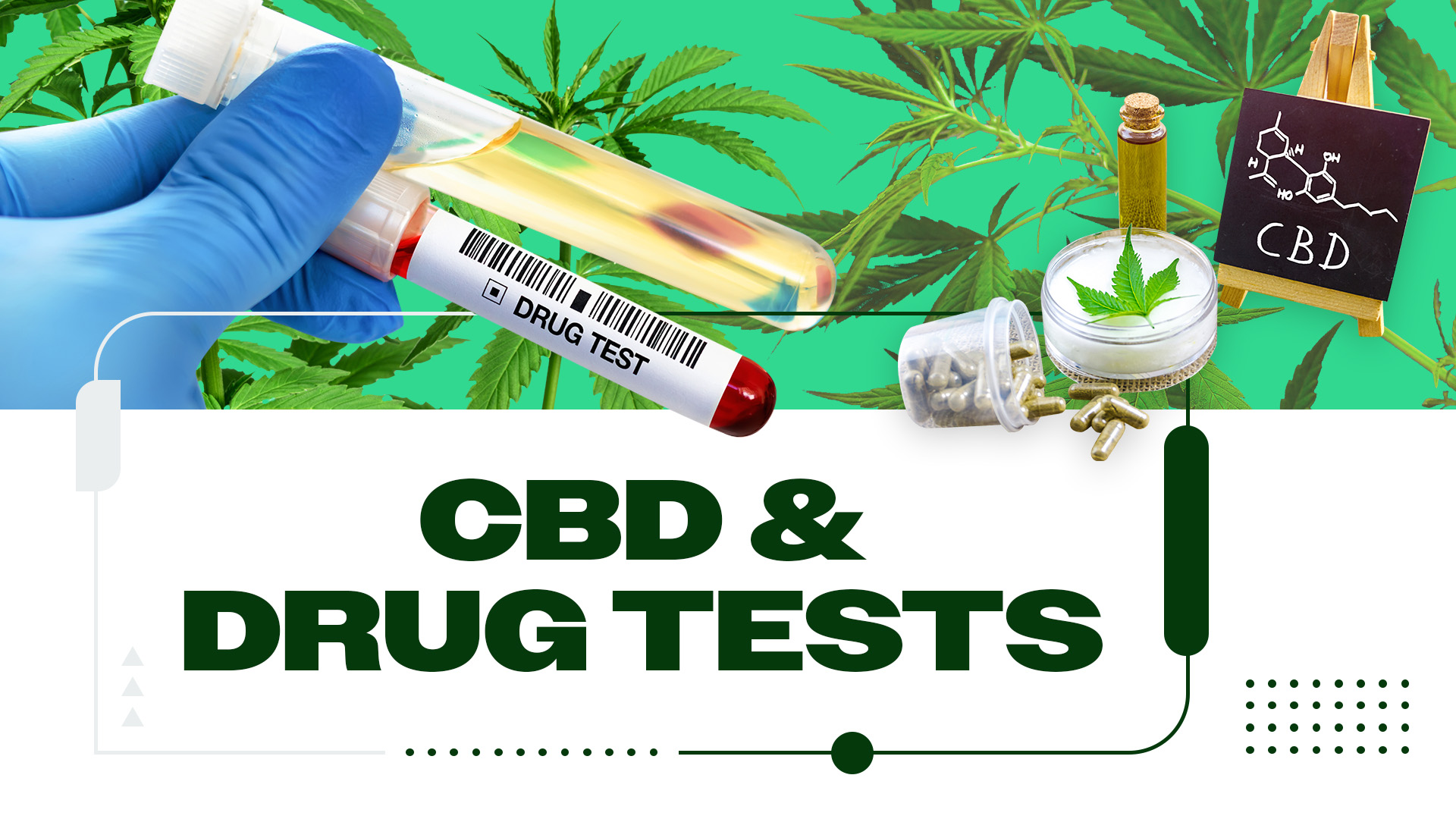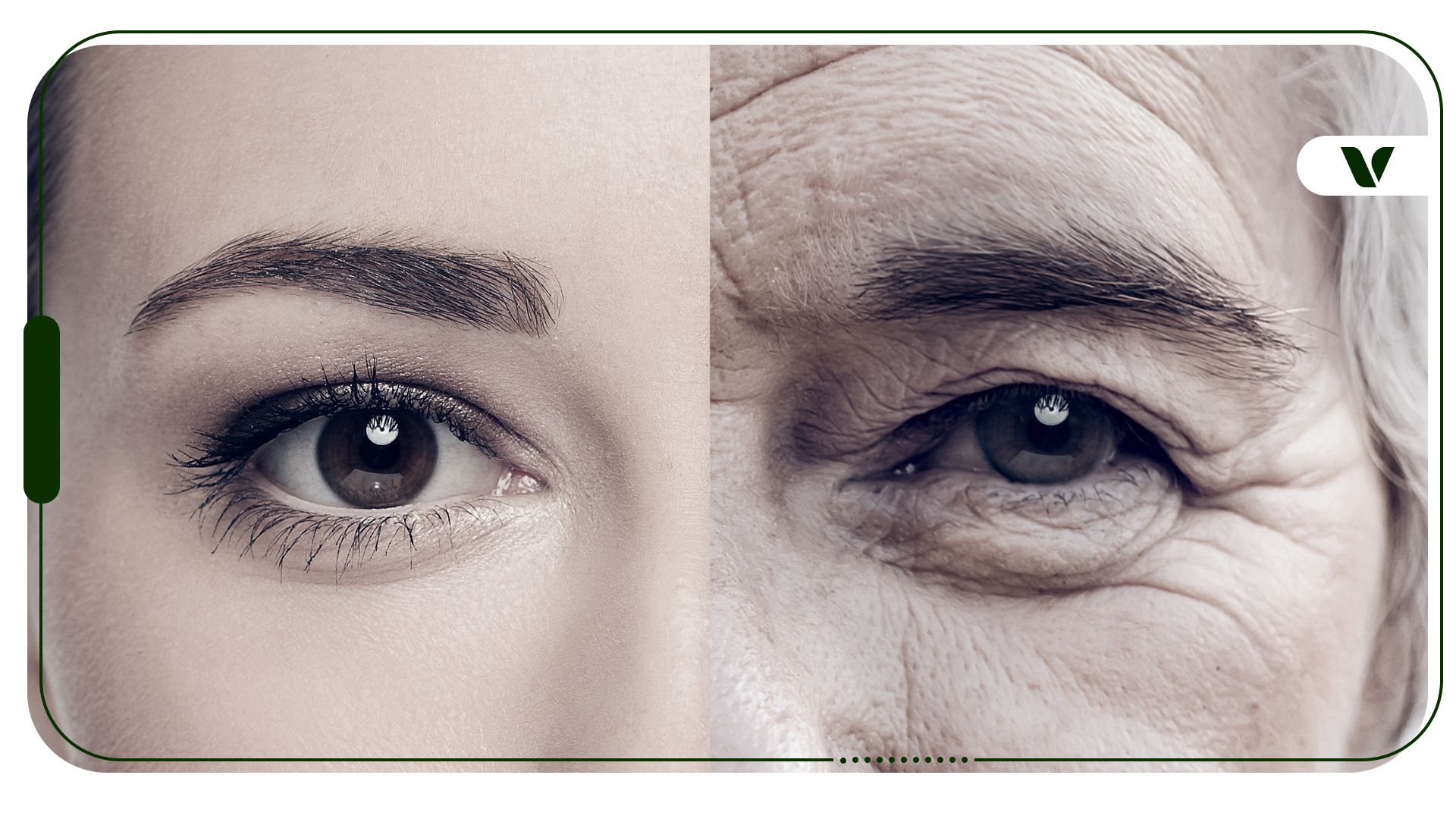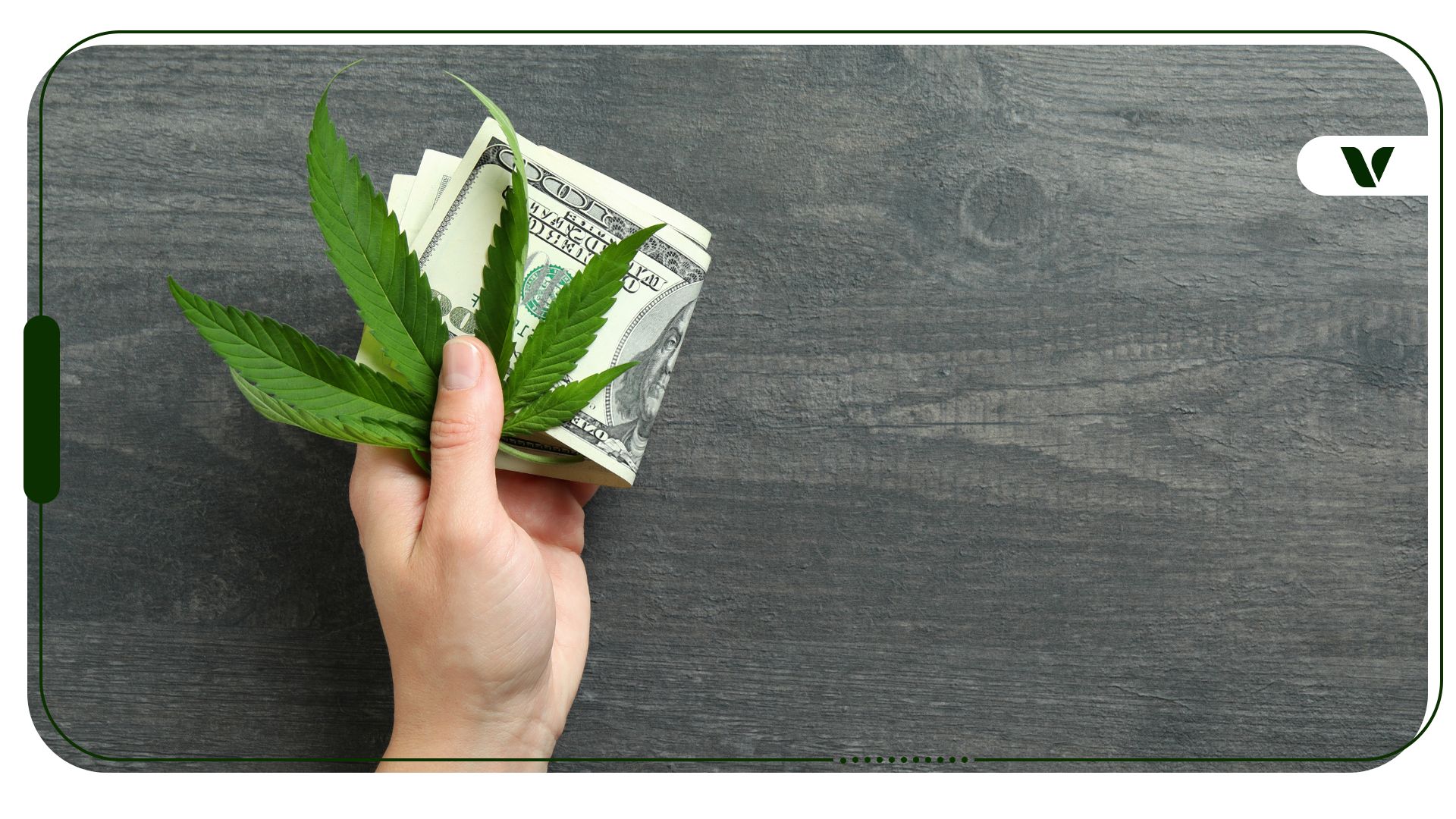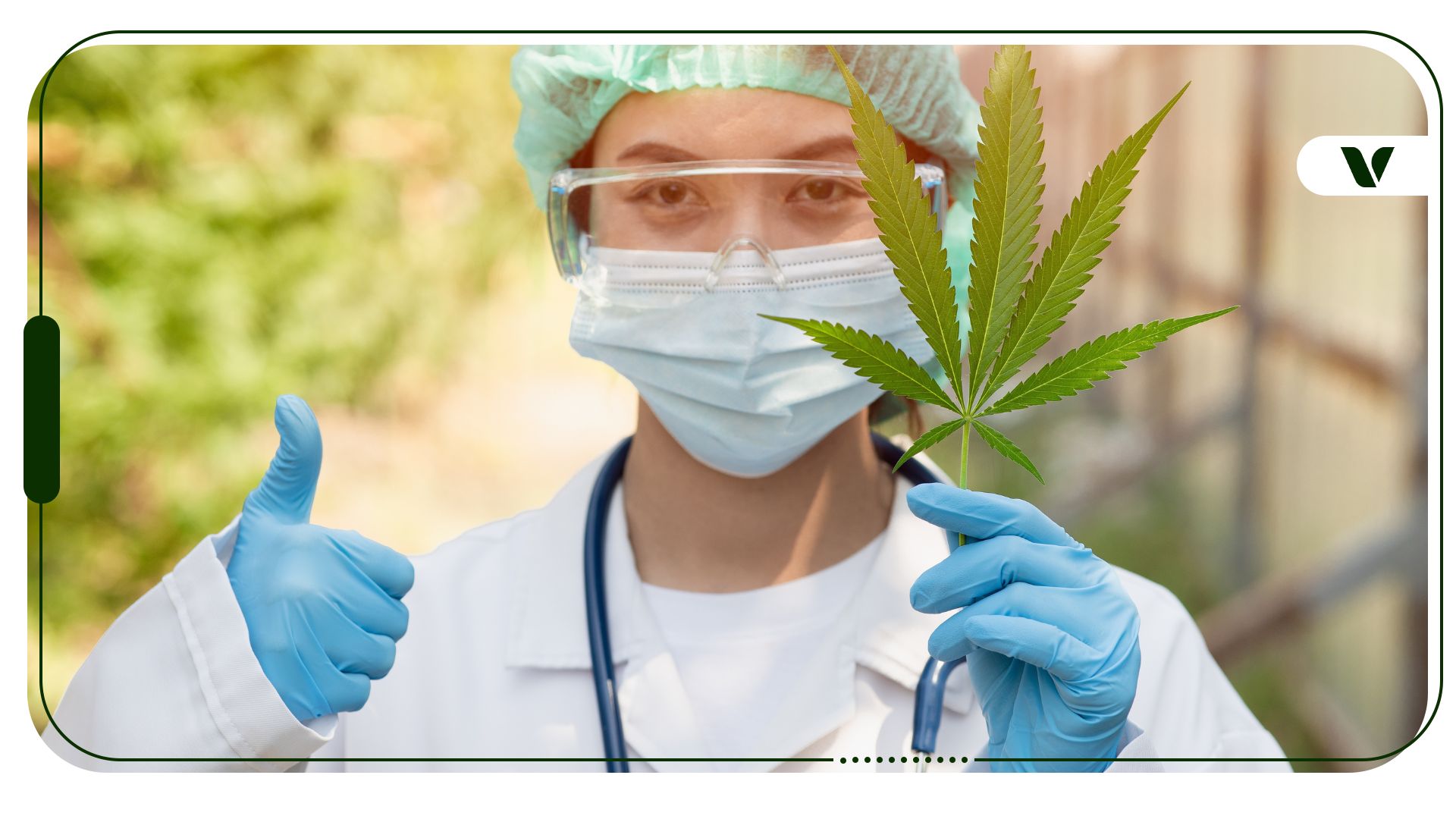Despite the popularity of cannabis, drug tests remain a huge concern for users who don’t want to lose their jobs, scholarships, and more.
THC (tetrahydrocannabinol) and CBD (cannabidiol) are both organic compounds found in cannabis, called cannabinoids. THC is responsible for the psychoactive effects of weed, while CBD is a non-impairing, relaxing counterpart.
Drug tests don’t test for CBD — only for THC. But we’ve all heard horror stories about someone who was using CBD and failed a drug test. How could that happen?
Let’s get to it!
Does CBD Show Up on Drug Tests?
CBD itself is not looked for on drug tests, meaning CBD by itself shouldn’t show up. The chances of a lab error or false positive from CBD are estimated to be about a 1-2% chance.
However, full-spectrum CBD products can contain up to 0.3% THC, and it’s within reach for the THC to be detected. With a single use, this is unlikely, considering how small of a percentage it is. Yet, it is still possible.
This study found that urinary CBD samples were more easily detectable, and higher in concentration, after oral consumption of CBD vs. vaporized consumption.
It also found that 3 out of 18 participants tested positive for THC in their urine samples after vaping CBD-dominant cannabis (10.5% CBD, 0.39% THC). Researchers concluded that CBD isolate shouldn’t show up on drug tests, but full-spectrum hemp products, which have THC, may trigger a flag and even a positive test.
CBD is still unregulated, so it’s important to look for third-party testing on your CBD product’s website. This testing will look for cannabinoids like THC and CBD, terpenes, and any impurities in the product, such as residue from the extraction process, heavy metals, and pesticides.
Science is still lacking long-term research on the effects of CBD on the body, so do diligent research and make an informed decision on whether you want to consume CBD products. So far there aren’t any clearly documented long-term risks for CBD, but you still want to be careful with the manufacturer and be sure they don’t add something else that may have side effects.
How Do Cannabis Drug Tests Work?
The most common cannabis drug tests are:
How do cannabis blood tests work? The window of detection in blood tests depends on how much THC is in your system due to how heavy of a user you are. While THC can be detected in a heavy smoker for up to a week after last use, the amount of THC in cannabis is sometimes 100 times greater than in hemp products.
Blood and saliva testing may often be used roadside or in employment settings because of the rapid application and short windows. Saliva testing has the shortest window here of about 24–28 hours for THC. Whereas, blood testing may detect active THC and its metabolite (THC-COOH) for around 22–30 days.
By contrast, hair testing has a much longer window of detection and uses the first 1 ½ inches of hair. THC metabolites can be detected for up to 90 days in a hair test.
Meanwhile, urine testing can detect THC for up to 30 days after last use if you’re a heavy cannabis user. And it’s possible that the trace amounts of THC found in full-spectrum CBD products may show up with repeated dosing and daily use of full-spectrum CBD products.
Why You Should Get Your Medical Marijuana Card
Veriheal has satisfied millions of patients nationwide by giving them access to these benefits
- Larger purchase limits
- Peace of mind
- Enhanced legal protection
- Access to higher potency strains
- Save up to 25% on cannabis purchases
- Skip the line at the dispensary
So to answer the question ‘How long does CBD stay in your system?’ it really depends on your product choice, consumption frequency, and the test being done.
While some tests are pretty quick, institutions typically favor slower and more accurate tests like urine or hair.
Regarding drug tests at work, the ACLU has made its stance clear: “Drug testing is designed to detect and punish conduct that is usually engaged in off-duty and off the employer’s premises – that is, in private. Employers who conduct random drug tests on workers who are not suspected of using drugs are policing private behavior that has no impact on job performance.”
But until drug tests for cannabis are done away with pending legalization, it’s important to know how the products you consume may affect your results.
Can You Ensure a CBD Product Doesn’t Contain THC?
The only way to absolutely ensure that a CBD product doesn’t contain THC is to buy either broad-spectrum CBD or CBD isolate, and then check their test results for THC content. The “Certificate of Analysis” is a third-party lab test that will verify if the product is pure and THC-free.
A study of CBD product samples published in the Journal of the American Medical Association found:
- 26% had less than advertised CBD
- 43% had more CBD than labeled
- Only 30% were accurately labeled
- THC in 18 out of 84 online CBD products sampled.
This is why it’s vital to buy from reputable brands, and to only buy broad spectrum or CBD isolate if you want to avoid trace levels of THC in your product.
Frequently Asked Questions
Will CBD cause me to fail a drug test?
CBD isolate and broad spectrum CBD should not cause you to fail a drug test because they don’t contain any THC, so long as the brands are reputable, and the lab makes no errors.
Full spectrum CBD may cause you to fail a drug test due to trace amounts of THC, increasing in likelihood with more frequency.
How long does CBD stay in your system?
CBD can stay in your system anywhere from a few hours to a month.
How long does CBD stay in urine?
CBD stays in urine for up to five days.
Is CBD legal federally?
CBD is federally legal thanks to the 2018 Farm Bill. The 2018 Farm Bill federally legalized all hemp products, with hemp being defined as containing 0.3% THC or less by dry weight.
Can topical CBD cause a failed drug test?
To date, there isn’t any evidence for this. Although exceedingly unlikely, topical CBD products – if full spectrum – can theoretically cause a failed drug test with repeated or habitual use.
Will hemp lotion show on a drug test?
There also isn’t any data to prove this, but full spectrum help lotion can theoretically cause a failed drug test with repeat or heavy use. Full-spectrum CBD products contain up to 0.3% THC, and THC can be absorbed topically.
However, the vast majority of THC in your hemp lotion won’t make it into the rest of your system, so if you don’t use it regularly then it shouldn’t build up and become a problem.
Author, Share & Comments








